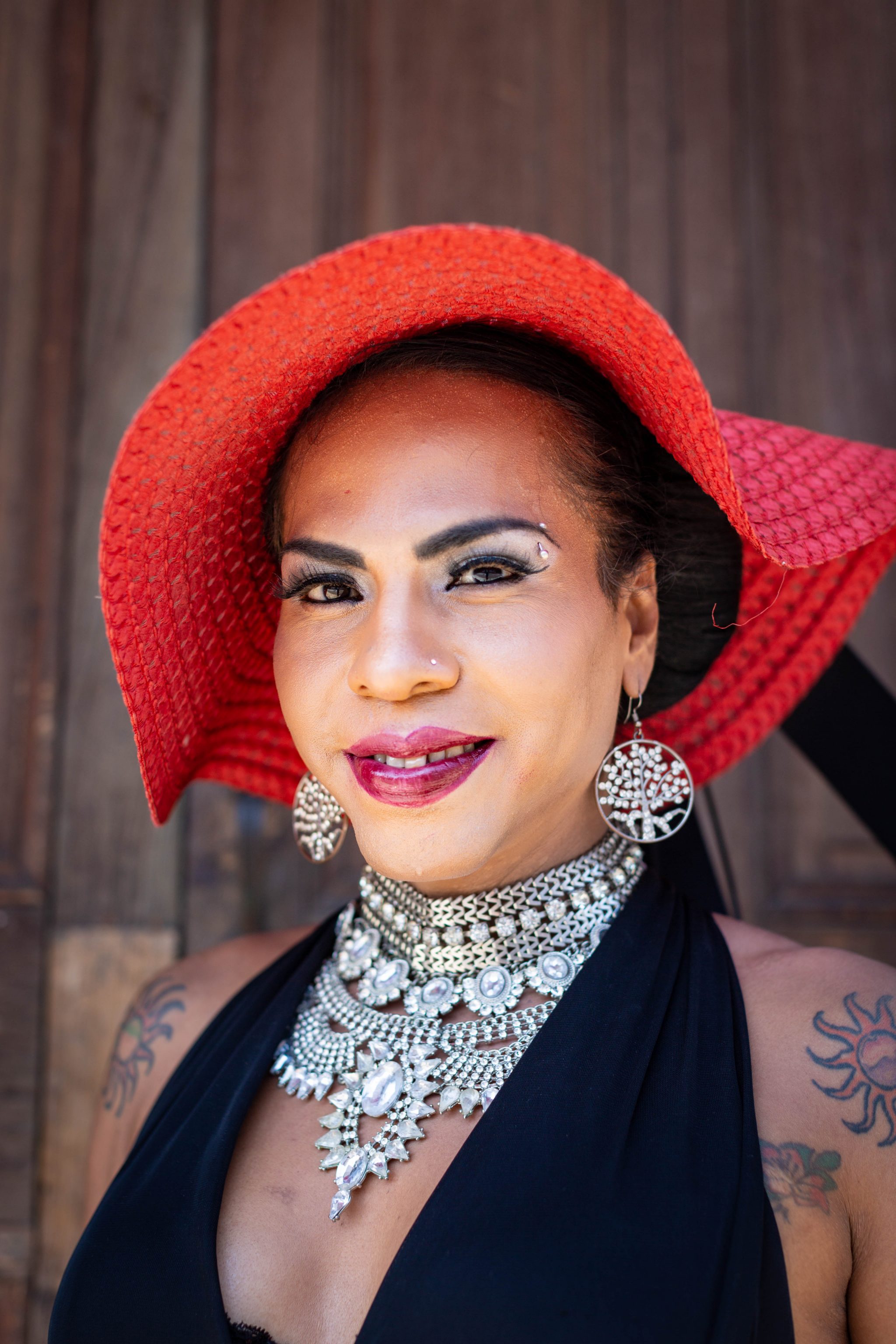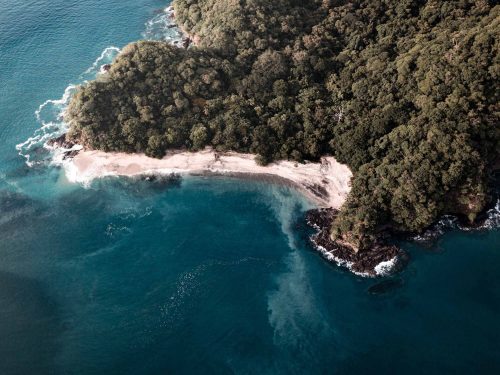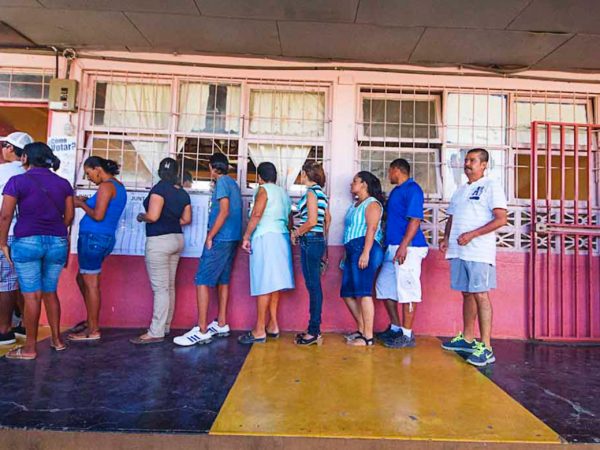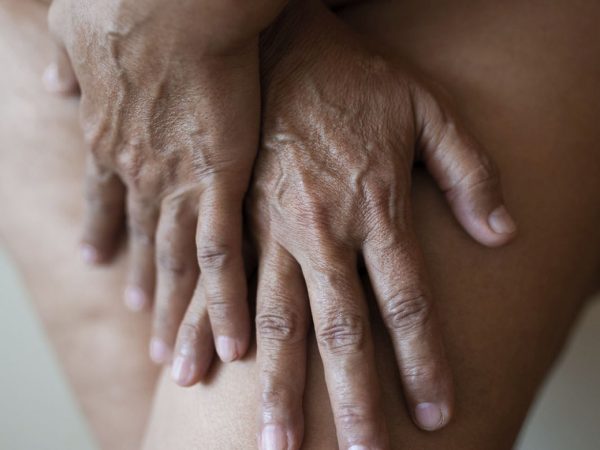
“I wonder what it is to be a woman. Is it just having a vagina?,” says Kenya, a 22-year-old transgender woman who borrow us her woman’s face, her woman’s hands, her woman’s voice to portray her on our International Women’s Day’s commemorative pages.
Some may be bothered by the word vagina, just like many others are upset or worried that transgender people show up in public life, that they walk among us, that we say “woman” and use all the feminine adjectives to talk about them.
In The Voice of Guanacaste we know that we can bother and inconvenience a good number of people, but we do it because it is our duty to name people and things by their name. We can not, as a society, live in ignorance, in fear of the unknown or of the different.
It’s time to understand that the dreams and lives of women like Kenya are as normal as ours. That no transgender suffers from a mental illness or anything similar, as scientists have proven and the sociologist professional association has emphasized. “Homosexuality, biosexuality and transgenerism don’t constitute mental illness and, therefore, can’t be diagnosed, cured or treated.”
Kenya doesn’t need to be cured, but she needed her own name that she would be comfortable with. She requires a society that gives her the same rights as any other woman or any other human being.
Living in Latin America for a transgender woman means having a life expectancy that is practically half of their peers. Most die before 35, victims of violence and sexually transmitted disease.
That’s why marching on March 8 includes marching alongside women like Kenya, so that no one forces her to work in inhumane conditions selling sex or putting up with violations, like what happened to Vanessa, who is also pictured in this edition.
The march also includes the Santa Cruz girl’s club, girls and infants exposed to environments in which family violence occurs everyday, some of them are survivors of sexual and sociological violence who are learning to defend themselves and take care of each other.
March 8 isn’t an opportunity for us to face off against the other half of the world, men. Nor is it to proclaim that men are bad or inferior. It’s an opportunity to act together, with the objective of having an equal society that puts an end to cases of abuse against girls in Santa Cruz, where Kenya’s mom feels happy and not judged, calling her daughter by her name, where men don’t have to repress their emotions so their friends don’t think poorly of them.
If there is a good day for remembering all that we have left to do to include everyone in the pool of opportunities, this is it. Don’t let it pass by.







Comments